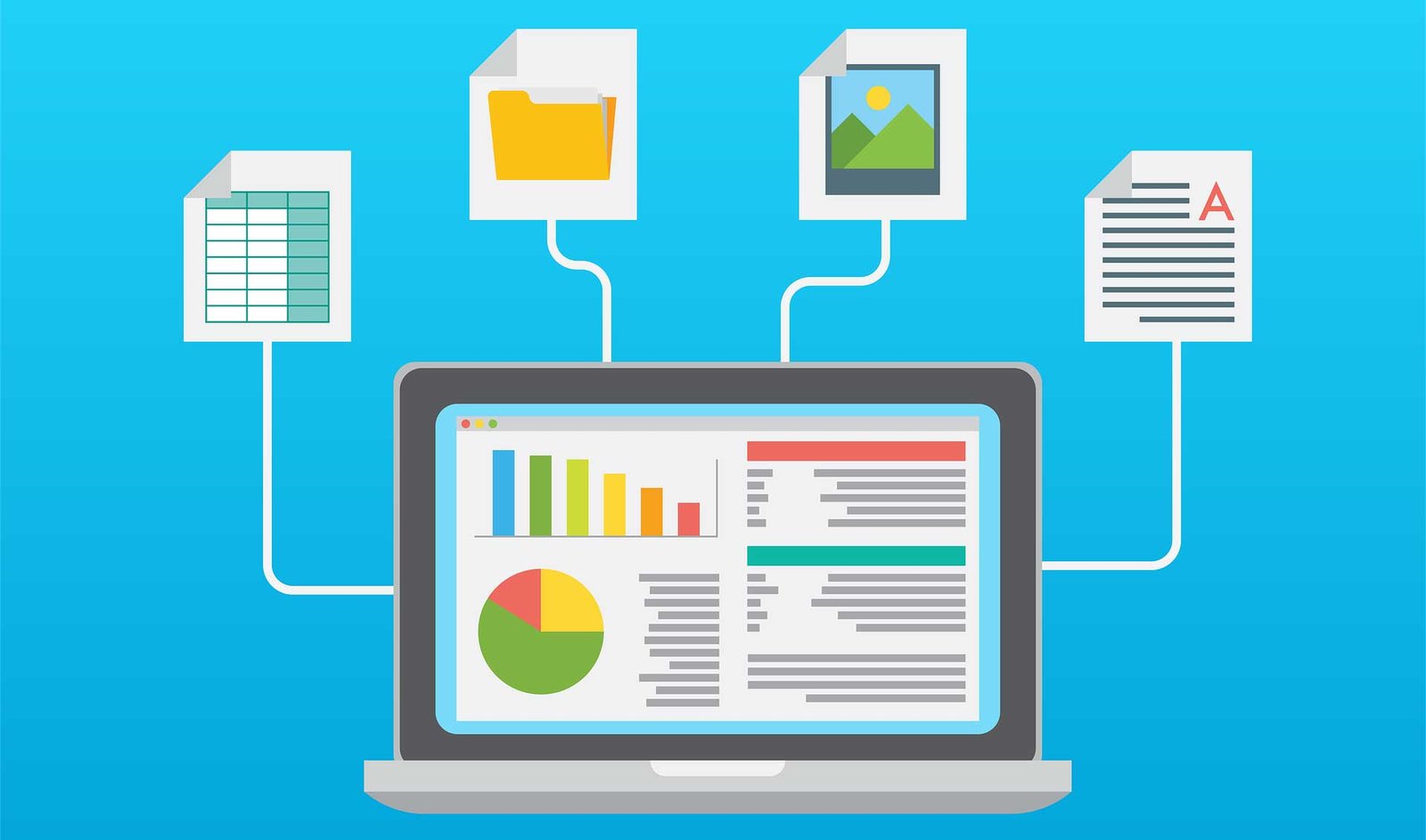How to Buy the Best Accounting Software for Your Small Business
One of the most challenging aspects for small business owners is managing their company’s finances. Keeping track of expenses, invoices, and taxes can be overwhelming without the right tools. Selection of the right accounting software is essential.
With so many options available, it can be hard to know which software is best. Some offer basic bookkeeping, while others come with advanced features like payroll and inventory management. The key is to find software that fits your business size, budget, and needs.
In this guide, we’ll walk you through everything you need to know to choose the best accounting software. We’ll cover the must-have features, pricing factors, and top options available. You’ll know exactly what to look for at the end.
Understanding Your Business Needs

Business Size and Complexity
The first step in choosing accounting software is determining the size and needs of your business. A freelancer or solo entrepreneur may only need basic invoicing and expense tracking. But a growing company may require payroll, tax management, and multi-user access.
The volume of transactions and employees also matters. If you handle hundreds of transactions per month, you’ll need software that can process them efficiently. Large businesses often require customized reporting and automation tools to save time.
Your industry also plays a role. Retailers and manufacturers need inventory tracking, while service-based businesses focus more on billing and expense tracking. Choosing software that fits your industry can make a huge difference.
Essential Features to Look For
Not all accounting software is the same. Some come with basic bookkeeping, while others provide advanced financial management tools. Here are some key features to look for:
- Invoicing and billing – Helps send professional invoices and track payments.
- Expense tracking – Keeping track of all corporate spending is known as expense tracking.
- Payroll management – calculates salaries and deducts taxes automatically.
- Financial reporting – Generates balance sheets, income statements, and cash flow reports.
- Multi-user access – Enables team members and accountants to work together.
Selecting software with these characteristics guarantees that you can handle your money effectively and with ease.
Factors to Consider When Choosing Accounting Software

Ease of Use
It should be easy to use the best accounting software. If it’s too complex, you’ll spend more time learning the system instead of managing your business. Seek out a platform with easy-to-use navigation and a straightforward interface.
Many providers offer free trials. Testing software before buying can help you see if it’s the right fit. Check if the system provides tutorials and customer support, which can be useful for beginners.
Integration with Other Tools
For various purposes, most firms employ a variety of software products. E-commerce platforms, CRM programs, and payment processors should all be integrated with your accounting software. This minimizes human data entry and guarantees a seamless process.
For example, if you use Shopify for your online store, make sure the accounting software can sync sales and expenses automatically. Integrations save time and prevent errors.
Pricing and Budget
Cost is an important factor. While some accounting programs are free, some have a monthly or yearly cost. Pricing depends on the features offered and the number of users.
Some software comes with hidden fees for extra features, integrations, or customer support. Prior to agreeing to a plan, always review the pricing structure. If you’re a small business owner on a budget, look for affordable options that still offer essential features.
Top Accounting Software for Small Businesses
QuickBooks Online
One of the most widely used accounting programs for small businesses is QuickBooks. It provides tax filing, payroll, spending tracking, and invoicing. The platform is user-friendly and integrates with many third-party apps.
Pricing starts at a monthly subscription, and there are different plans depending on your needs. While it’s a powerful tool, some users find it expensive compared to other options.
Xero
Another excellent option for small and medium-sized enterprises is Xero. It provides real-time financial tracking, invoicing, and support for many currencies. Business owners like its clean interface and mobile accessibility.
One downside is that its payroll features are limited in certain regions. However, for companies that want robust accounting functions, it provides an affordable option.
FreshBooks
FreshBooks is known for its simple design and is Easy to use. It’s great for freelancers and service-based businesses. Features include time tracking, project management, and easy invoicing.
The biggest advantage of FreshBooks is its excellent customer support. However, it lacks advanced inventory management, which may be a drawback for some businesses.
Wave Accounting
Wave is a free accounting program ideal for small Businesses with simple requirements. It includes invoicing, accounting, and receipt scanning. The platform is ideal for startups with limited budgets.
Although it’s free, some features like payroll and payment processing come with additional fees. Still, it’s a great option for small business owners who want simple bookkeeping tools.
Steps to Implement Your Accounting Software

Migrating Data
Once you choose software, the next step is transferring financial data. Many tools allow you to import data from spreadsheets or previous accounting systems. Before migration, ensure your data is clean and accurate.
Customizing Your System
Every business is unique, so it’s important to customize your accounting software. Set up your chart of accounts, invoice templates, and tax settings. This helps you stay organized and simplifies financial reporting.
Training Your Team
If you have employees, provide training on how to use the software. Many platforms offer online courses, video tutorials, and customer support to help new users. Using an AI video maker can streamline the process by creating engaging and customized training videos. Proper training ensures everyone uses the system correctly.
Regular Monitoring and Updates
After implementation, regularly monitor your finances to ensure everything runs smoothly. Check for software updates and take advantage of new features that improve efficiency. Staying updated helps you make better financial decisions.
Final Thoughts
Choosing the best accounting software for your small business doesn’t have to be complicated. By understanding your business needs, budget, and required features, you can find the perfect tool to manage your finances.
Look for software that is easy to use, integrates with other tools, and fits within your budget. Options like QuickBooks, Xero, and FreshBooks offer great solutions, depending on your business size.
Once you’ve picked the right software, ensure a smooth transition by properly migrating data and training your team. A good accounting system helps you save time, reduce errors, and grow your business successfully.







